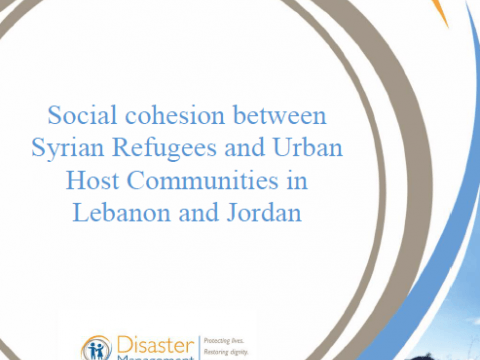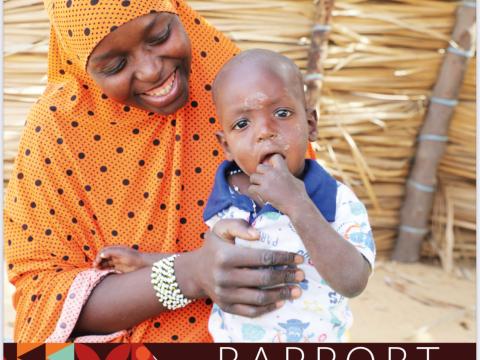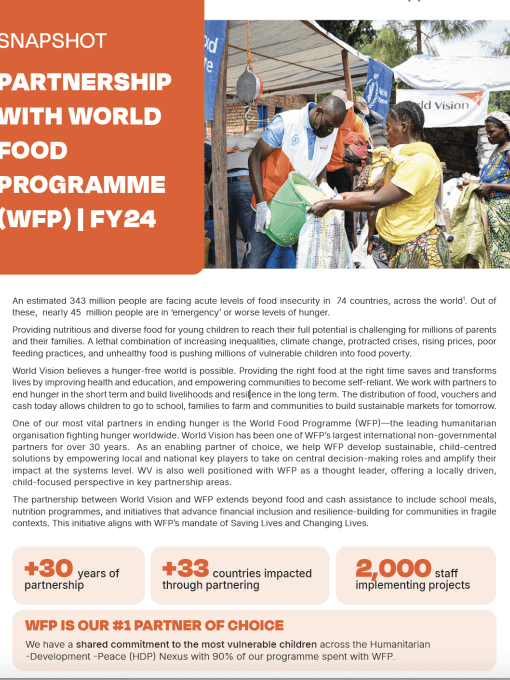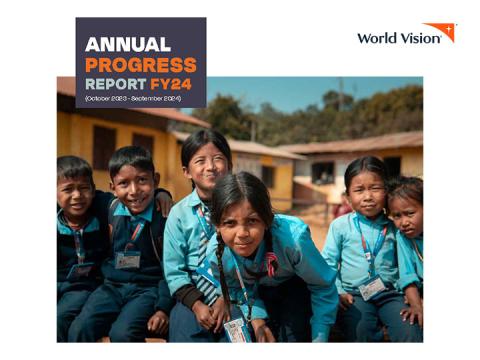Social Cohesion Between Syrian Refugees and Urban Host Communities in Lebanon and Jordan
Download
After more than four years of civil war, the Syrian conflict has generated massive protracted displacement of over four million refugees, the majority of whom reside in non-camp and/or urban settings in countries such as Lebanon and Jordan. In Lebanon, for example, since 2010 more than one million Syrian refugees have arrived, contributing to a situation of rapid, unsustainable urbanisation in an already vulnerable and fragile context.
This poses new and diverse challenges to authorities, humanitarian actors and receiving host communities, who – in addition to refugees and IDPs themselves – are struggling to adjust to long-term social, economic and demographic shifts and pressures associated with displacement.
One such challenge is how to foster social cohesion and mitigate rising social tensions between refugees and host communities in these non-camp, urban contexts. Tensions have emerged between refugee and host communities and between local communities and administrative authorities. In the case of Lebanon and Jordan, this is described as leading to a potential tipping point. In an effort to protect and enhance the somewhat fragile stability in both countries, key strategic objectives have been identified in this report for national, international and local stakeholders.
Studies show that rising social tensions between communities have the potential to generate secondary conflict in host countries. Access to basic goods and services and livelihood opportunities are also influenced by social tensions. As tensions rise, for example, isolation becomes an unfortunate coping mechanism for displaced populations – keeping women at home and children out of school. With economic competition leading to frustration, scapegoating and discrimination, access to equitable employment opportunities decreases among refugee men. This may also contribute to domestic violence, drug abuse and participation in radical collective action and crime.
These challenges call for new, more holistic approaches to humanitarian response and serves as the basis for World Vision International’s Social Cohesion research initiative.
As the first step in a multi-year action-learning project, this systematic literature review discusses the problem of rising social tensions between Syrian refugees and urban host communities in Lebanon and Jordan. It explores why the investigation into the causes and consequences of these tensions is integral for humanitarian and development programming in the region. The review also provides an analysis of key studies on social cohesion and social tensions in the region, and evaluates existing approaches to social cohesion and its variants in regional, national and organisational strategic frameworks.



